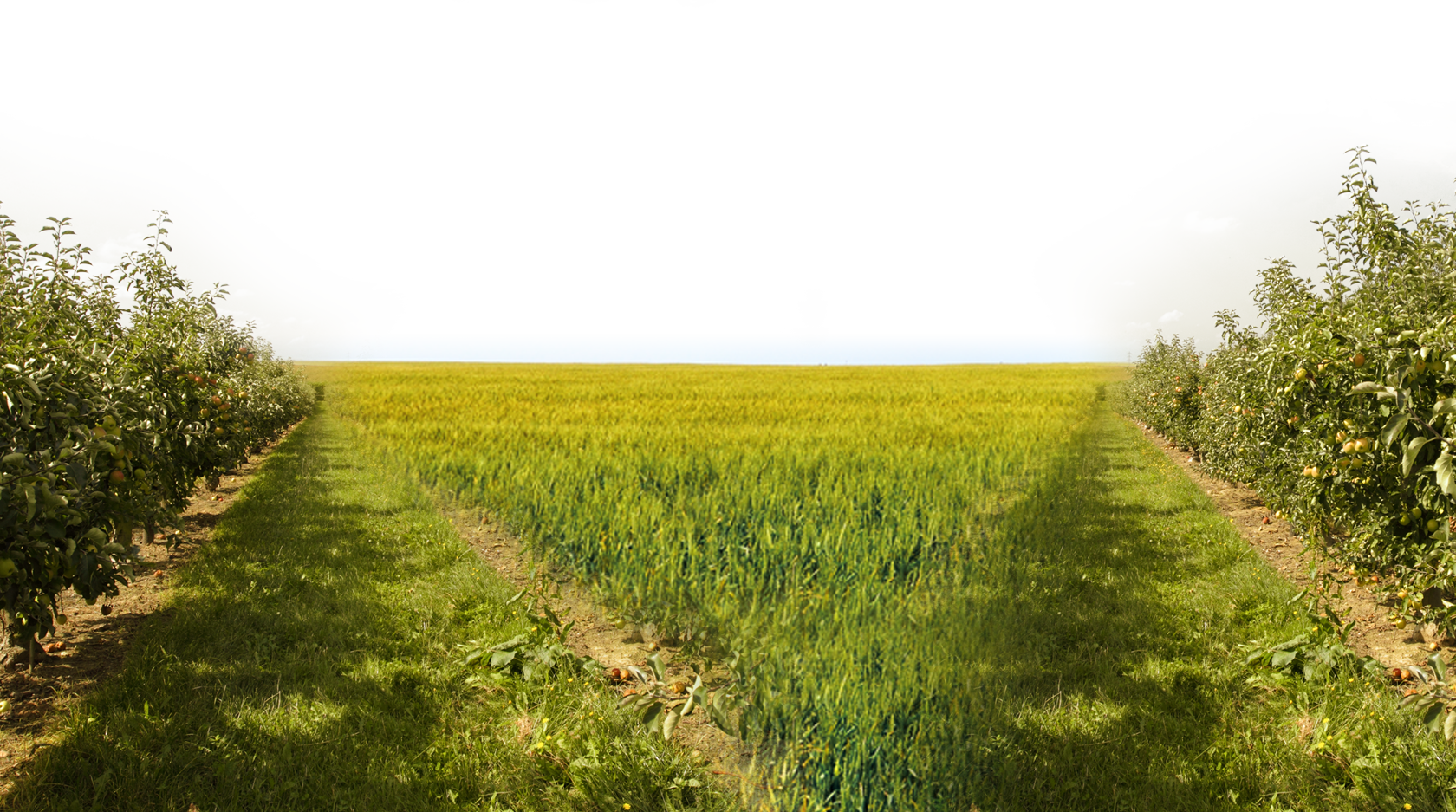
A mushroom a day…
By Linda Bonvie | 0 Comments | Posted 09/03/2014
Go ahead, finish it!
And it’s true. Maybe it would take more than one mushroom a day to keep the doctor away — but you get the idea.
Mushrooms may turn out to be the amazing immune booster that future generations will take for granted. And they’ll probably wonder what took mainstream medicine so long to take real advantage of this amazing fungi.
Experts say that mushrooms contain some of the most potent medicines you can find anywhere. And guess what — we don’t know zilch about most of them.
Mushroom expert and author Paul Stamets, says that there are over 140,000 different classes of fungi that produce mushrooms. And we’ve only studied around 10% of them.
So we’ve got a long way to go in finding out the full Monte of what mushrooms can do for our health.
But, we do know some things, such as:
- Shiitake mushrooms, the delicate ones with the curled caps that go so well in stir-fries also contain anti-viral, anti-bacterial and anti-tumor properties. They also can help maintain proper liver function and in Chinese medicine they are used for stomach ailments. These mushrooms have also been found to lower cholesterol.
- Crimini mushrooms (also known as “baby bellas”) might exceed some of the more exotic varieties in their ability to boost immune function. Researchers are discovering that these easy-to-find little mushrooms can fend off inflammation, which is widely recognized as the forerunner to an untold number of diseases. And just one cup of these miraculous fungi will give you over 15 different antioxidants, vitamins and minerals.
- Maitake, or “hen of the woods” also have significant immune system benefits. And that’s on top of their anti-cancer and anti-viral properties.
- Simple “white” mushrooms, while not at the top of the medicinal mushroom list, contain significant amounts of vitamin D, an essential vitamin for good health that most everyone is deficient in.
Two important things to remember where mushrooms are concerned is that you should try and buy organic ones whenever possible. They can absorb heavy metals as well as other toxins, so what they’re grown in, and where they’re grown, is very important.
Second, don’t try to become an internet mycologist! Picking wild mushrooms is something best left to those who really know what they’re looking for – and looking to avoid!


 Contact us
Contact us



























